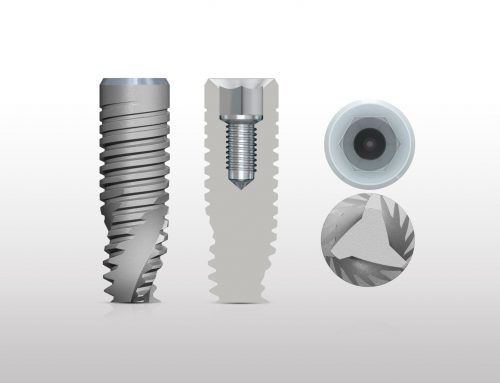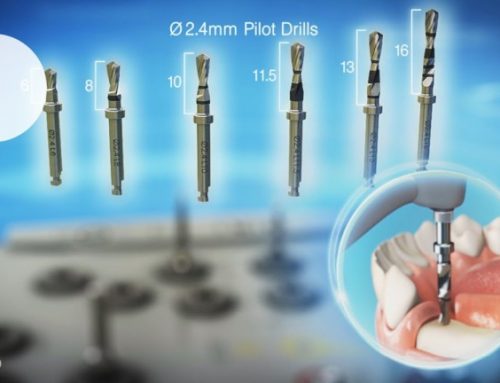By Prim. Dr. Tome Tasevski
In my country, and surely in our surrounding neighborhood, this is a very common way to practice implantology. Namely, this is what is happening:
Some dentists have a patient and need to put an implant on him but there is a problem, i.e. this dentist is not skilled to put dental implants, but he has a collaborator colleague that is. So, instead of sending the patient to his collaborator’s clinic, he calls him to come to its own. The implantologist comes with its suitcase and he brings the complete physio unit, implants and surgical sets. He meets the patient, puts the dental implants, gets paid and bye bye.
Personally, I do not have a problem with that, because everybody has its own policy how he will manage its own business, but there is an issue here and needs to be cleared.
INFECTION CONTROL – extremely important topic!
There are many questions occurred. Namely, the sets and instruments are packed and sterilized, but how do you sterilize the suitcase? What type of suitcase is it? Regular or medical? How do you transport your suitcase? How do you take out the packed instruments? Are you going to be 100% sure that they will remain sterilized? How do you check that? Once reinstalled you have to install the physio unit again, so how do you treat it? Where do you place the unit? How do you change a regular dental room into a surgery? etc. etc.
And what is Infection Control?
Infection Control is a set of recommended safety precautions that dentists implement to protect their patients and staff in the office. Strict infection control is required to prevent the spread of disease, since many dental procedures involve direct contact with blood and saliva. Improved infection-control procedures with heightened awareness of the dangers of infection mean that the instruments and supplies (your dentist uses in your mouth) are either heat-sterilized or they are disposable items intended for one-time use.
Dentists undertaking basic implant surgery should have mastered the Aseptic Surgical Technique where cross infection control is critical, not only to prevent cross contamination, but also to reduce the bacterial count within the surgical field. This would normally involve the use of full sterile set of surgical drapes and gowns for the operating team and the patient. Preoperative use of mouth-washes and skin disinfection are considered good practice. Sterilization and safe storage of large number of surgical instruments that may be needed for each case should conform to current laws policies and guidelines.
At the end, the clinic has to be build, equipped and specialized for that treatment.
So, my dear SUITCASE colleagues, I know that you read my texts. Here is a message to YOU: always ASK the patient to be transferred to YOU. Respect Yourselves and don’t act like a traveling salesman. Do NOT insult our profession. BE responsible and professional!






